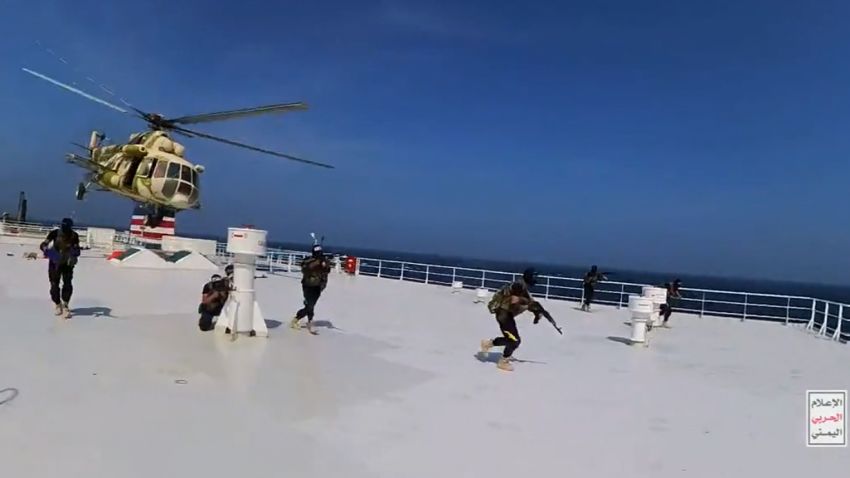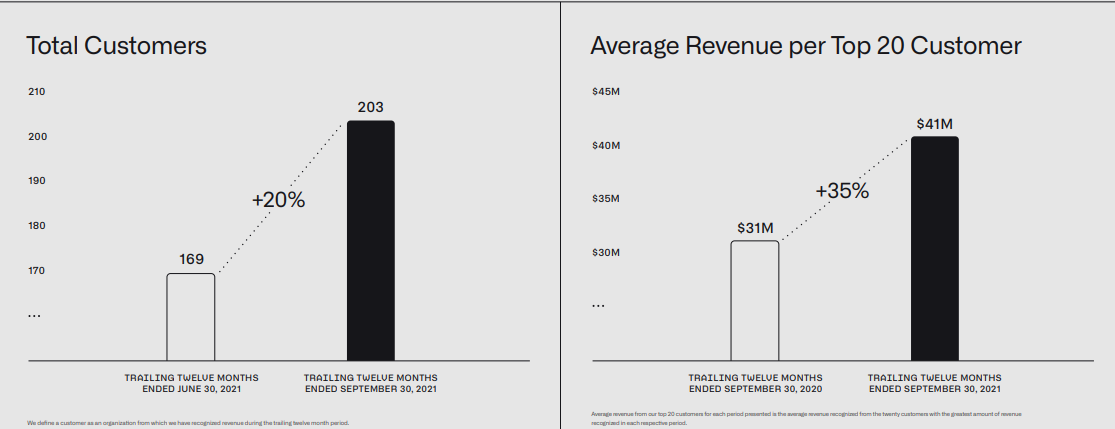Trump's Houthi Truce: A Skeptical Shipping Industry Responds

Table of Contents
Security Concerns Remain Paramount for Shipping Lines
The maritime security situation in the Red Sea and the Gulf of Aden remains a primary concern for the shipping industry, despite the declared truce. While the agreement aims to de-escalate the conflict, it doesn't eliminate existing threats.
Increased Risk of Piracy and Attacks
The truce doesn't automatically neutralize the risk of piracy and attacks. Several factors continue to pose a threat:
- Increased potential for piracy in the Red Sea and Gulf of Aden: Historically volatile waters, the region remains attractive to pirate groups seeking easy targets. The truce's effectiveness in curbing this activity is yet to be seen.
- Concerns over attacks on vessels, leading to potential cargo loss and crew safety issues: Even with a truce, the potential for attacks remains, jeopardizing both valuable cargo and the lives of seafarers. Insurance premiums are likely to reflect this ongoing risk.
- The need for heightened maritime security measures, raising operational costs for shipping companies: Shipping companies will likely maintain, and perhaps even increase, private security measures, adding to operational expenses. This includes armed guards, enhanced surveillance technologies, and route adjustments.
Enforcement Challenges and Monitoring Gaps
The success of any truce hinges on effective monitoring and enforcement. However, several challenges exist:
- Lack of clear mechanisms for addressing violations and ensuring compliance: The agreement lacks clear stipulations on how violations will be addressed and who is responsible for enforcement.
- Difficulty in verifying adherence to the truce's terms by all parties involved: Independent verification of compliance by all parties, including the Houthis, is essential but difficult to achieve.
- Reliance on international cooperation, which may face political hurdles: Effective monitoring requires cooperation among regional and international actors, which may be challenging given existing political tensions.
Economic Impacts and Supply Chain Disruptions
The uncertainty surrounding the truce's success has significant economic repercussions for the shipping industry and global supply chains.
Uncertainty Affecting Shipping Routes and Freight Rates
The volatile security situation directly impacts shipping routes and freight costs:
- Uncertainty leading to increased insurance premiums and transportation costs: The perceived risk increases insurance premiums, making shipping more expensive. This cost is passed on to consumers.
- Potential for disruptions to global supply chains, impacting the availability and price of goods: Delays and disruptions can cause shortages and price increases for various goods transported through the region.
- Long-term impact on trade routes through the Bab el-Mandeb Strait and the Red Sea: The Bab el-Mandeb Strait is a crucial chokepoint for global trade. Any prolonged instability could force a shift in global trade routes, with significant long-term consequences.
Impact on Oil and Gas Transportation
The region's strategic importance is heightened by its role in global energy transportation.
- Potential for disruptions to oil supplies if the truce collapses: A significant percentage of global oil shipments transit through the Red Sea. Any disruption could significantly impact global energy prices and security.
- Influence on global energy markets and economic stability: Disruptions in oil supply can have cascading effects on global economies, leading to price volatility and potential instability.
- The need for alternative shipping routes if the Red Sea remains insecure: If the Red Sea remains insecure, shipping companies may need to explore costly and less efficient alternative routes, further impacting global trade.
The Shipping Industry's Cautious Optimism
Despite the inherent risks, some cautious optimism exists within the shipping industry regarding the potential benefits of a sustained truce.
Potential for Reduced Tensions and Improved Trade
A successful and lasting truce could bring substantial positive effects:
- Potential for decreased insurance costs and reduced transit times: A more secure environment could lead to lower insurance premiums and faster transit times, saving money and time for shipping companies.
- Potential for increased trade volumes and economic growth in the region: Reduced conflict could stimulate economic growth in Yemen and the surrounding region, boosting trade volume.
- Improved opportunities for investment in maritime infrastructure: A stable environment could encourage investment in port infrastructure and other maritime-related projects.
Industry Calls for Transparency and Collaboration
The shipping industry emphasizes the need for transparency and collaboration to ensure the truce's success:
- Increased communication and information sharing among stakeholders: Open communication between governments, shipping companies, and other stakeholders is vital for effective monitoring.
- Enhanced coordination of security efforts between governments and private entities: Collaborative efforts are needed to improve maritime security in the region.
- Strengthening of regional maritime security mechanisms: Robust regional mechanisms are needed to address security challenges and enforce the truce’s terms.
Conclusion
Trump's Houthi truce presents a complex situation for the shipping industry, balancing the potential benefits of reduced conflict with the significant risks that remain. While a successful truce could revitalize trade and reduce costs in the region, persistent security concerns and enforcement challenges cast a shadow over its long-term viability. The shipping industry's cautious optimism demands continued monitoring, robust security measures, and transparent collaboration between all stakeholders. Further analysis of the truce's effectiveness on Trump's Houthi truce will be crucial in determining the future of shipping in this vital waterway. Stay informed about developments concerning Trump's Houthi truce and its impact on maritime security and global trade.

Featured Posts
-
 Is Palantir A Buy After A 30 Drop
May 10, 2025
Is Palantir A Buy After A 30 Drop
May 10, 2025 -
 Elizabeth City Weekend Shooting Arrest Announced
May 10, 2025
Elizabeth City Weekend Shooting Arrest Announced
May 10, 2025 -
 Family Support For Dakota Johnson At Materialist Film Screening
May 10, 2025
Family Support For Dakota Johnson At Materialist Film Screening
May 10, 2025 -
 Pam Bondi Accused Of Concealing Epstein Records Senate Democrats Speak Out
May 10, 2025
Pam Bondi Accused Of Concealing Epstein Records Senate Democrats Speak Out
May 10, 2025 -
 El Bolso Hereu Preferido Por Dakota Johnson Minimalismo Y Estilo
May 10, 2025
El Bolso Hereu Preferido Por Dakota Johnson Minimalismo Y Estilo
May 10, 2025
